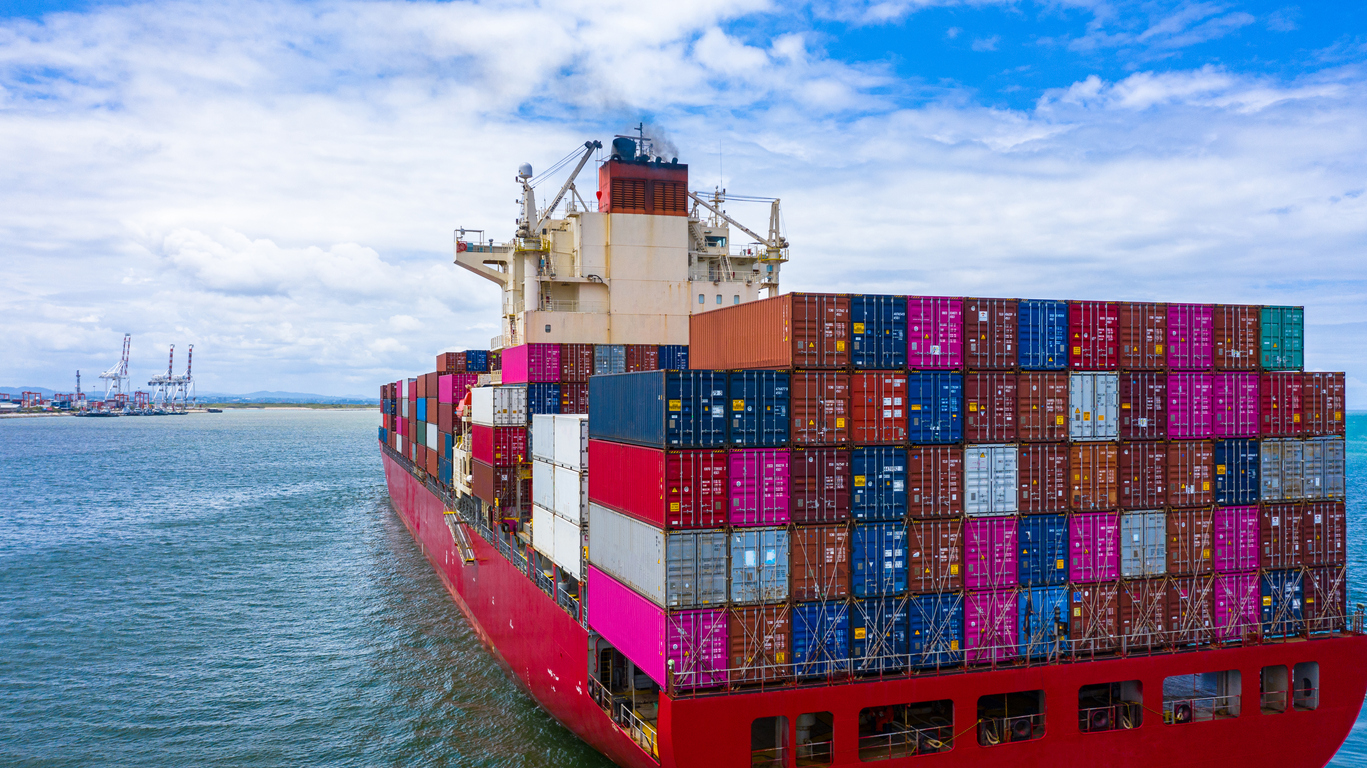A Closer Look at the Container Security Initiative

In the wake of the terrorist attacks in September 2001, the U.S. Customs Service, now known as U.S. Customs and Border Protection, began developing certain programs to curb terrorism and help secure the United States. After the attacks against the U.S. in 2001, U.S. Customs Service created the Container Security Initiative (CSI) with the goal of protecting the global trading system and the trade lanes between ports and the U.S.
This is a unique system of bilateral information transfer and services between the U.S. Coast Guard and a foreign port country. The main point of CSI is to extend the zone of security outward so that American borders are the final defensive line against any attack. However, the aim of this system isn’t just to increase the security of container shipping, but also to limit any kind of interruptions in the global trade market. Containers that are inspected at a host port can move freely throughout other U.S. ports without having to face any disruptions.
Here’s a better look at the Container Security Initiative:
What Exactly is the Container Security Initiative (CSI)?
To expand on the notes above, CSI is a system under which a foreign shipping port that’s a member of this initiative agrees to examine cargo shipping containers destined for its own ports. CSI was created as a means to fight against various terror threats to container shipping that can easily spread. A host country offers itself up to conduct a security check on various cargo containers leaving a U.S. port and in return send its officers to any U.S. port to target containerized cargo being exported to their own country.
How Does CSI Work?
Under the CSI, container cargos leaving any U.S. port from the host country are inspected thoroughly at the leaving port using non-intrusive inspection technology which includes everything from X-ray imaging to gamma ray inspection along with other radiation-type checks.
No matter the type of check, these are all conducted with special equipment specifically designed to take on such high-risk security checks without bringing any damage to the contents of the cargo inside or the containers themselves. In return, the host countries can perform checks on containerized cargo leaving their country from the U.S.
These checks are carried out at every major port in the host country, which is responsible for the cost of the equipment used in such checks. The checks are mandatory for any country to be eligible for the CSI. When it comes to having to unload and empty any potentially threatening cargo container, the costs are then borne by the importer on a U.S. port. The host country then decides about the cost for unloading of this cargo.
About WQIS
At Water Quality Insurance Syndicate (WQIS), we provide water pollution liability insurance from the smallest to the largest fleets for vessel operators worldwide, providing coverage for more than thirty thousand (30,000) vessels, pollution guaranties for over three thousand five hundred (3,500) vessels, and have cleaned up over five thousand (5,000) spills in our history. WQIS offers insurance on behalf of twelve (12) subscribing insurance companies in the Marine Insurance Market (see Subscribers for details).
